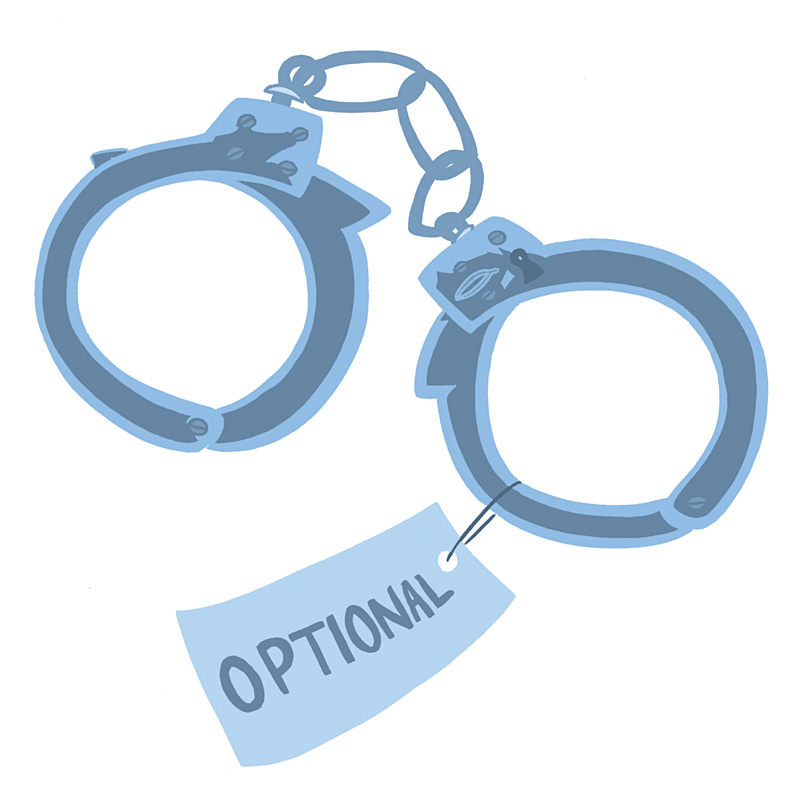As any security professional will tell you, working the front entrance at a county courthouse is a tough and thankless gig.
Case in point: John Lallas, who after what we can assume was a day filled with ribbing from actual sworn police officers about not being allowed to carry a firearm, found himself standing between a charging convict and freedom.
His attempt to throw a block ended with a trip to the hospital. But if Lallas lost that particular battle, he’s apparently one step closer to winning the war: The state Supreme Court has cleared the way for his negligence suit against Skagit County and the sheriff’s deputy from whose custody the prisoner got free.
It all started on Sept. 4, 2002, the day a Skagit County District Court judge ordered Anthony Reijm back to jail after he violated the conditions of his release.
His escort was Deputy Deanna Randall of the Skagit County Sheriff’s Department. As the court’s summary opinion explains, Randall had some familiarity with Reijm and considered him a “model prisoner.” Electing not to put him in handcuffs, she then led him toward the elevator that would take him back to jail.
Sensing an opportunity, Reijm broke from Randall’s grip and made for the entrance. There he met the lowered shoulder of Lallas. According to court records, the impact was enough to lift Lallas off his feet. He later sued everybody: Reijm, Randall, and Skagit County.
The first court sided with Randall, citing the doctrine of “judicial immunity,” which prevents judges from being sued for acts performed in their capacity as judge. That protection has also been extended to court employees like bailiffs for acts deemed “intimately associated with the judicial process.”
An appeals court later overturned the Randall decision, finding that prisoner transportation isn’t really an extension of a judge’s duties. Last week, the State Supreme Court agreed—unanimously.
So now Lallas is going to refile his lawsuit, and Randall’s legal team is short a strategy. The coming wrangling will likely remind officers of the court to mind their prisoners, lest there be a tort somewhere in their future.








